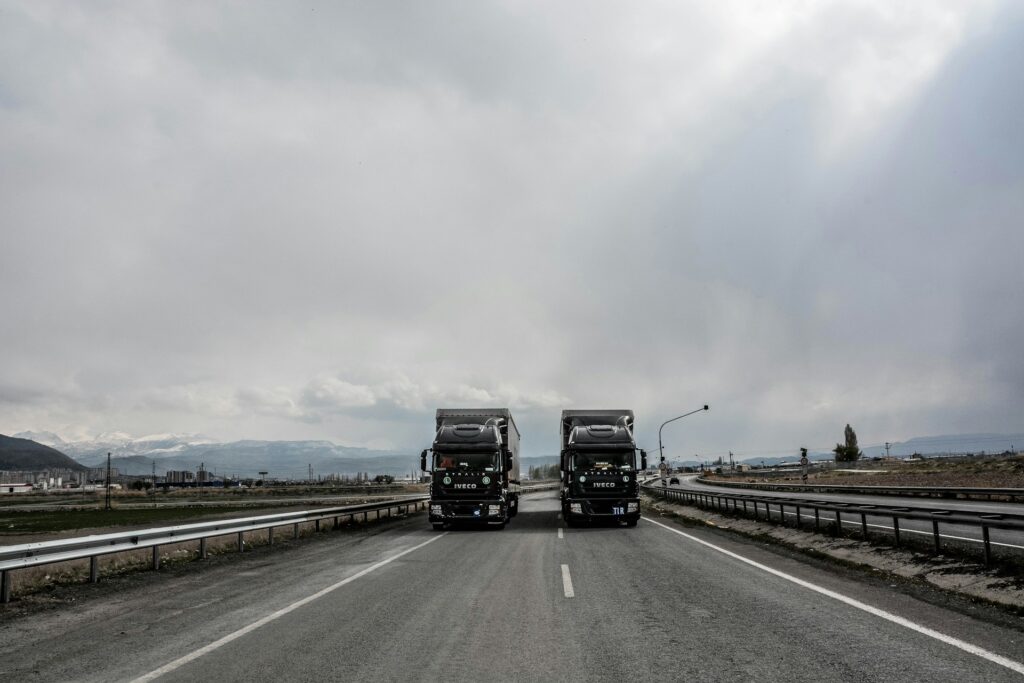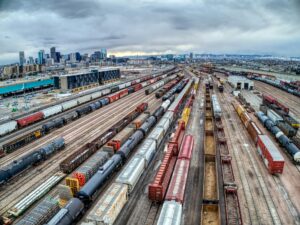The trucking industry faces constant challenges, with tight margins leaving little room for unexpected costs and downtime. One major culprit for both is dead batteries, often caused by parasitic drains – small but continuous energy draws that deplete batteries over time, especially during cold weather or extended idling.

Traditionally, carriers have accepted these dead batteries as an unavoidable expense. However, innovative solutions are emerging to combat this issue, and solar panels are leading the charge.
The Silent Drain: Understanding Parasitic Drains
Imagine your truck battery as a bank account. Small, regular withdrawals (the parasitic drain) can slowly deplete your funds over time, leaving you stranded without enough “power” to start the engine. This drain can come from various sources, like faulty wiring or accessories like GPS trackers.
While individual drains might seem insignificant, their cumulative effect over long periods can be devastating for fleet efficiency and costly to repair.
Mitigating Risks with Solar Power
Instead of spending time and resources pinpointing every tiny drain, fleets can mitigate the risk by introducing an additional energy source: solar panels. These panels act like mini power plants, capturing sunlight and converting it into electricity that continuously charges the battery, counteracting the parasitic drain.
Beyond Dead Batteries: Fuel Efficiency and More
The benefits of solar panels extend beyond preventing dead batteries. They can also contribute to increased fuel efficiency. Studies have shown that solar panels can save carriers up to 0.09 gallons of diesel per hour, especially during cold weather when starting a cold engine consumes more fuel.
Furthermore, solar panels can enable the use of additional productivity-enhancing technologies. Telematics systems, for example, can drain batteries significantly, especially on idle trailers. A small solar panel can ensure these systems function smoothly, even during extended downtime, preventing dead batteries and potential cargo spoilage.
Investing in the Future: The Bottom Line
While the initial cost of acquiring and installing solar panels exists, the long-term benefits outweigh the investment. When you consider the potential costs of:
- Refrigeration technician calls: At $90 per hour, a single visit can significantly eat into your profits.
- Lost cargo: Spoiled cargo due to a dead battery can cost thousands of dollars.
- Jump-starts: Even the cost of a simple jump-start service can add up quickly.
The return on investment for solar panels becomes evident. They are a cost-effective and proactive solution that can save fleets money, improve efficiency, and ultimately, keep their trucks running smoothly.
Conclusion:
In conclusion, the trucking industry is embracing innovation by harnessing the power of the sun. Solar panels are not just a fad, but a viable solution to combat parasitic drains, extend battery life, and ultimately, empower fleets to operate more efficiently and profitably.






